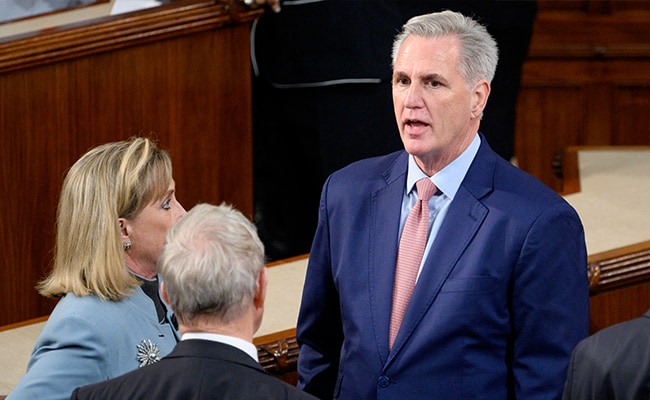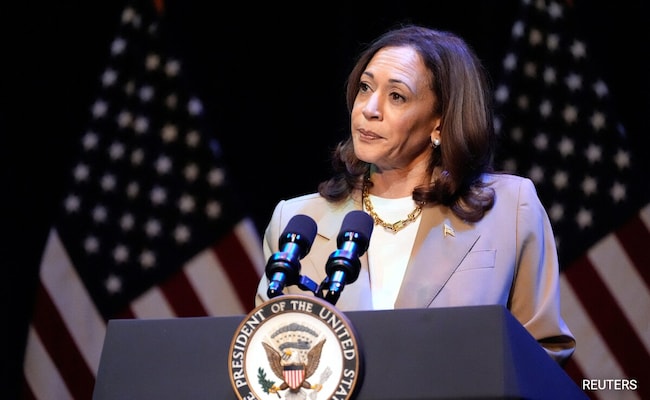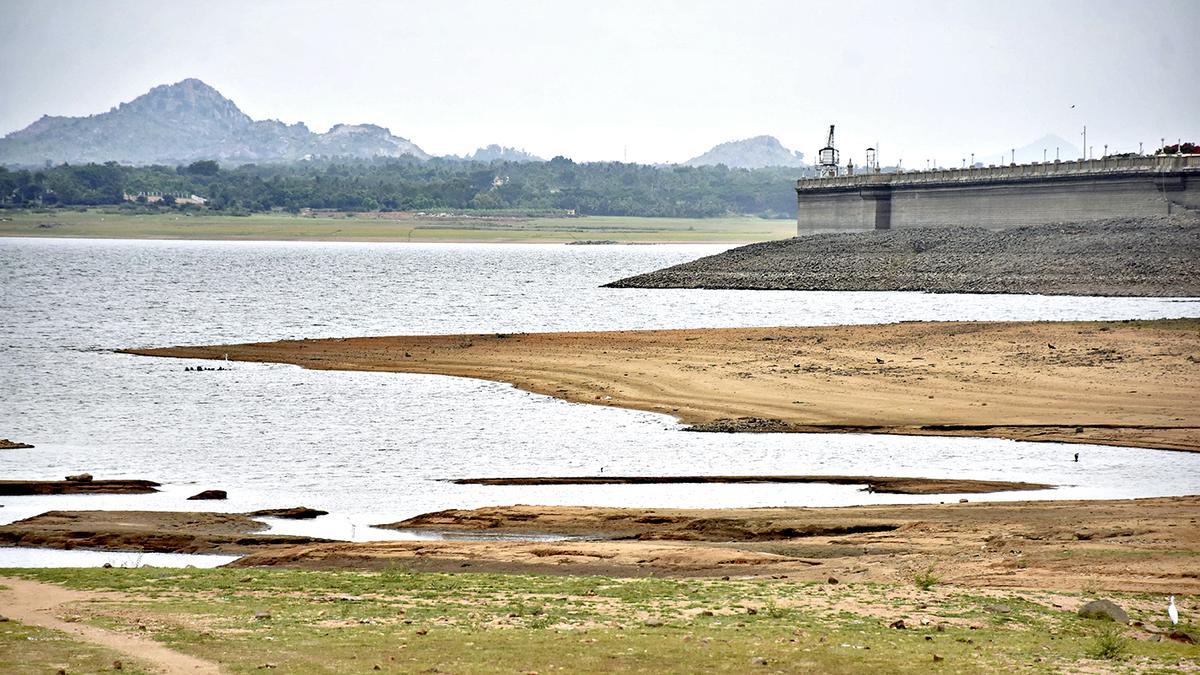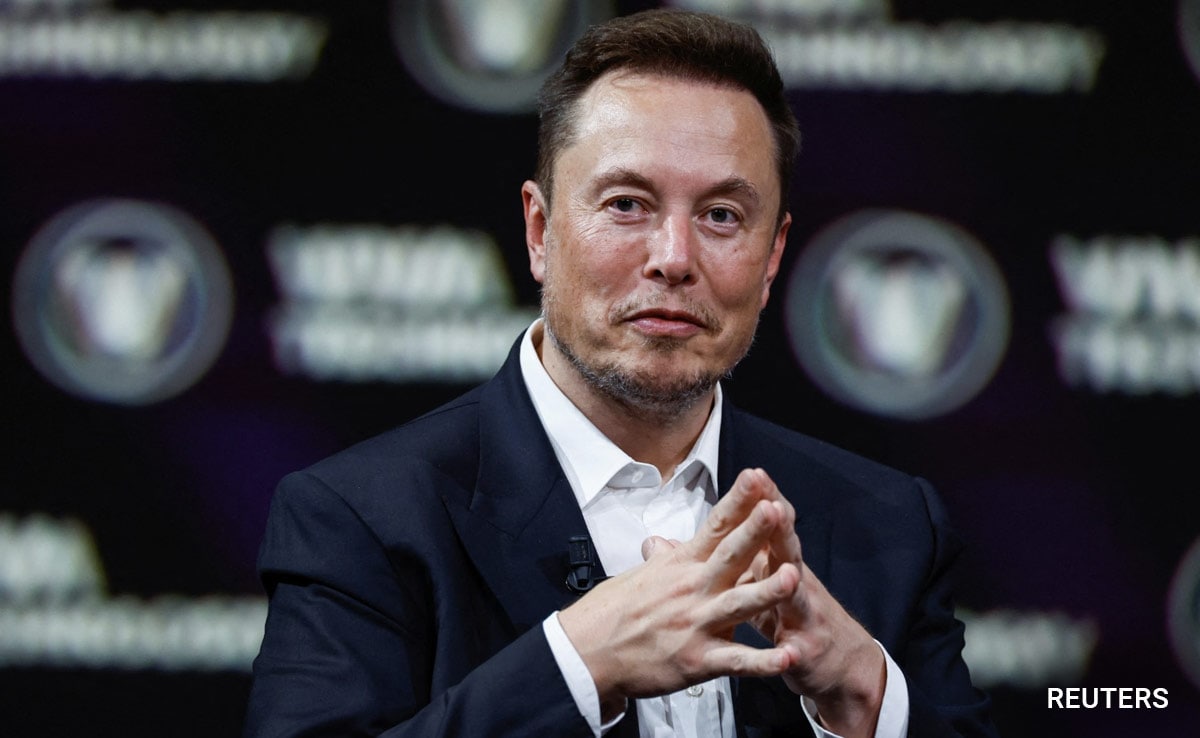Leaders pose for a photo at the Pacific Islands Forum leaders meeting in Nuku’alofa, Tonga, on Monday, August 26, 2024. File
| Photo Credit: AP
Pacific leaders endorsed a major joint policing initiative and rebuffed moves from China’s allies to sideline Taiwan on Friday, as they wrapped up a regional summit in Tonga.
Security was a focal point at this year’s Pacific Islands Forum, an unwieldy bloc of U.S. partners, China friends and states still tied to Taiwan.
U.S.-ally Australia convinced its Pacific neighbours to back a landmark plan giving it a greater role in training the region’s police.
The scheme would create up to four regional police training centres and a multinational crisis reaction force, backed by $271 million in initial funding from Australia.

Although hailed as a “godsend” by nations such as Fiji, others closer to Beijing were cooler on the idea.
“The only thing that we do not agree to is that it imposes conditions on our own domestic security,” Solomon Islands Foreign Minister Peter Agovaka said on Friday.
Taiwan stays
Critics suggested the deal was less about police, and more about carving up the region to keep China on the margins.
Such concerns were fanned when Australian Prime Minister Anthony Albanese was caught joking with a top U.S. diplomat about going “halfsies” on the cost.
The forum’s final declaration endorsed the policing plan but noted some members may need to first conduct their own “national consultation”.
China’s closest Pacific friend, Solomon Islands, also spent the week agitating behind closed doors to effectively oust Taiwan as a development partner — ending three decades of participation.
Solomon Islands Foreign Minister Agovaka said the forum was for “sovereign states” and “not states that are governed by another jurisdiction”.
The final declaration blocked that idea, and instead “reaffirmed” a 1992 agreement that paved the way for Taiwan to take part.
China’s special envoy to the Pacific Islands Qian Bo reacted to the statement with disbelief.
“It must be a mistake. It must be a mistake. You know, this is certainly not the consensus,” he told journalists at the summit.
“This should not be the final communique, there must be a correction on the text.”
The South Pacific was once seen as a bastion of support for Taiwan’s claim to statehood, but China has been methodically whittling this down.
In the last five years, Solomon Islands, Kiribati and Nauru have all been persuaded to switch to recognising Beijing instead of Taipei.
Beijing insists its diplomatic allies withdraw recognition of the self-ruled island.
Palau, Marshall Islands and Tuvalu maintain diplomatic relations with Taipei, but face constant pressure to change.
US territories Guam and American Samoa were elevated to associate members of the forum, also against the wishes of Solomon Islands.
Climate cash
Addressing the forum this week, United Nations chief Antonio Guterres threw his weight behind renewed Pacific efforts to drum up climate finance.
His climate call to arms was reinforced by a new report showing the Pacific’s coral atolls and low-lying islands are disproportionately threatened by rising seas.
Tongan Prime Minister Siaosi Sovaleni, the summit host, said Pacific nations had resolved to hold a “global pledging event” to raise cash for a climate fund this year.
With a new headquarters to be based in Tonga, the fund is currently well short of its $500 million goal.
Although it did not feature on any official agenda, a push for deep-sea mining also generated heated discussion.
A company backed by Pacific microstate Nauru told AFP it was planning to scale up ocean mining operations as early as 2026.
Other forum members, such as Palau, have called for a moratorium, believing lingering questions about environmental harms need to be addressed.
French press
Friday’s forum committed to holding an official “talanoa” — or dialogue — on the divisive topic this year.
Pacific leaders scored a small win on the issue of New Caledonia, where proposed electoral reforms this year stoked deadly unrest.
A Pacific delegation is expected to embark soon on a fact-finding mission to the French territory, with the date yet to be set.
The French government was repeatedly chided during the forum for its handling of the ongoing crisis.
“We’ve seen lots of nice press about the French delegation throughout this week,” French ambassador Veronique Roger-Lacan said.









